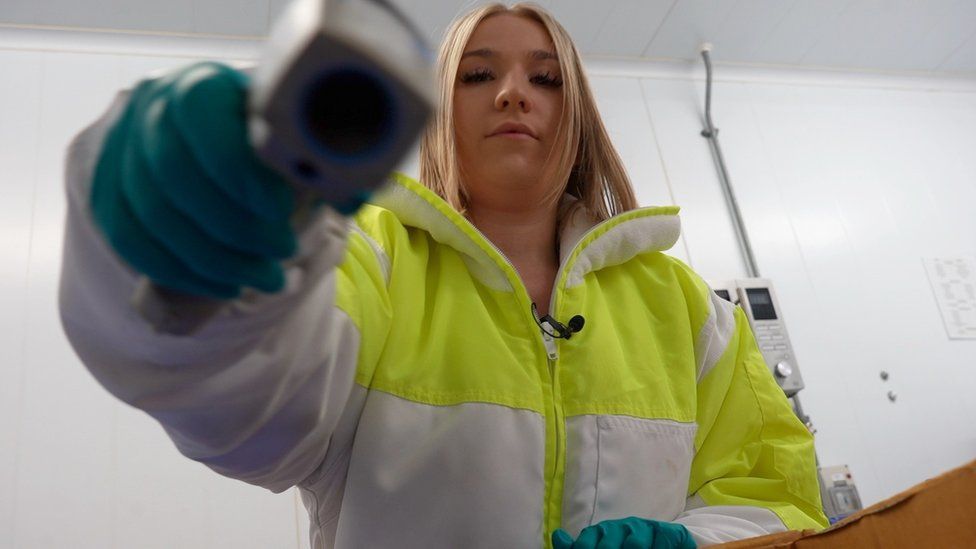The food inspection team at the largest container port in the United Kingdom claims that the uncertainty surrounding post-Brexit inspections of imported food puts them in a "difficult position.".
Beginning in October, imports of food from Europe will have their paperwork checked; physical inspections will follow in January.
According to the government, the inspection guidelines are being worked on.
However, the absence of them is "really quite significant," according to the Suffolk Coastal Port Health Authority.
Currently, only food originating outside of the European Union (EU) is inspected.
Because of government worries about the potential burden on businesses, the checks at ports like Felixstowe in Suffolk have already been delayed by 18 months.
Importers will be charged for inspecting food from the EU.
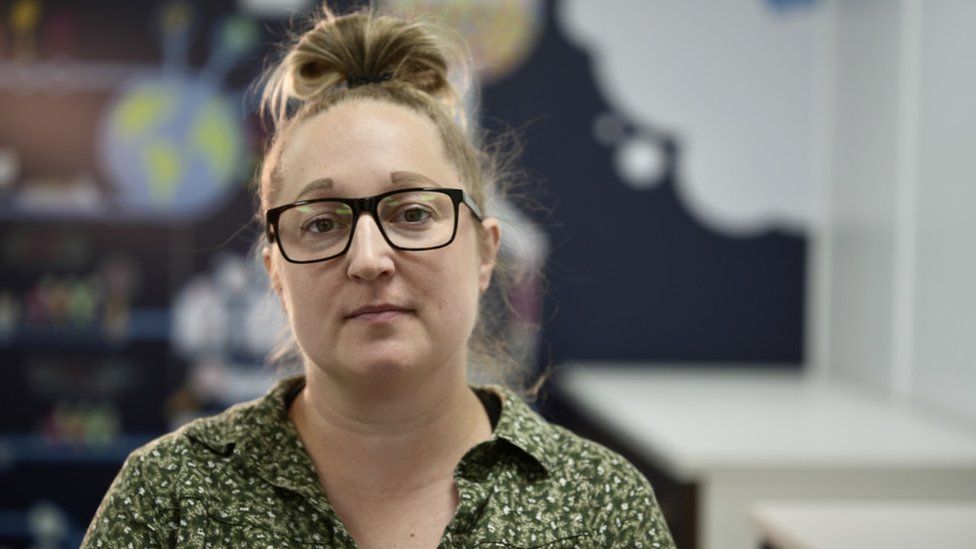
The Department of Food and Rural Affairs (Defra) estimates that more than two-thirds of the food consumed in the UK is imported from EU nations.
According to Operations Manager Hannah Panting, Defra has informed them that the health authority will have to inspect between 1% and 30% of EU food imports. She claims that without knowing the precise percentage, it is difficult to plan.
She claims that dealing with the unknown is very challenging. "Having a plan and understanding your objectives is nice.
"A low level of checks suggests that I may not need as many employees, whereas if they (the checks) rise significantly, it becomes clear that we must act quickly to get the trade moving along smoothly. ".
"I'm put in a challenging situation as a result. ".
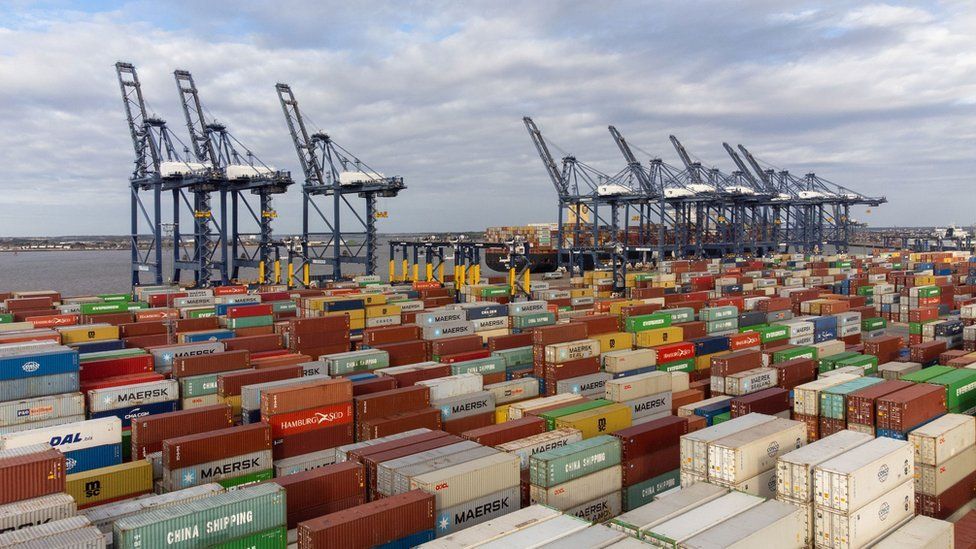
Only eight of the 2,400 EU food safety laws have been repealed by Britain since the Brexit vote.
When the government announced that inspections of EU food imports would begin in October 2022, additional employees were hired by the port health authority. .
The local council, which oversees the Port Health Authority, had to redistribute staff as a result of the delays. Despite her best efforts, Ms. Panting cautions that she may still require additional staff.
She explains, "We have trailers that arrive on a ferry at midnight in Felixstowe (from the EU)," and she adds that the checks must still be completed "in a timely manner" to avoid "delaying trade.".
According to a Defra spokesperson, the new inspection policy would "strike the right balance between protecting the UK's biosecurity and supporting businesses moving goods into Great Britain.".
According to the spokesperson, "We have been carefully considering the feedback we have received from stakeholders and will carefully consider what more we can do to support business readiness for the introduction of new controls.".
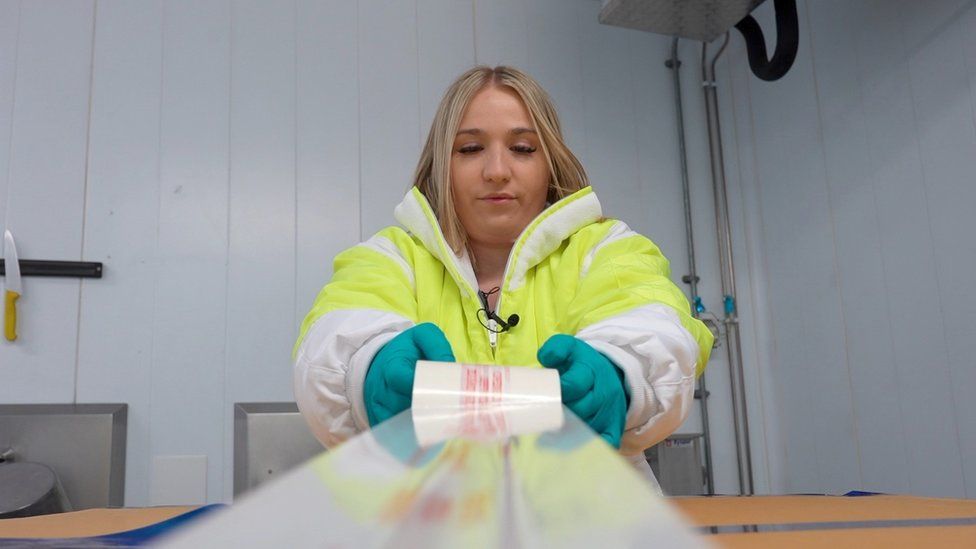
The team physically examines 40 to 70 containers per day from outside the EU, checking a total of 100,000 containers yearly.
The 100-person health authority examines product labels and opens packages to check for compatibility. They cross-reference documents with certificates as well.
Before starting as an inspection officer two years ago, Rose Waugh, 30, worked as a school employee.
She says, "We see a lot of chicken from Thailand, a little from China, and a lot of fish from Morocco and Ecuador.".
We once discovered parasites in the fish's mouths. Since they were acquiring the sea bream's tongues, they were unsafe to consume. .
It was pretty disgusting for the coworkers to find that, but it was satisfying to know we had eliminated it from the food chain.
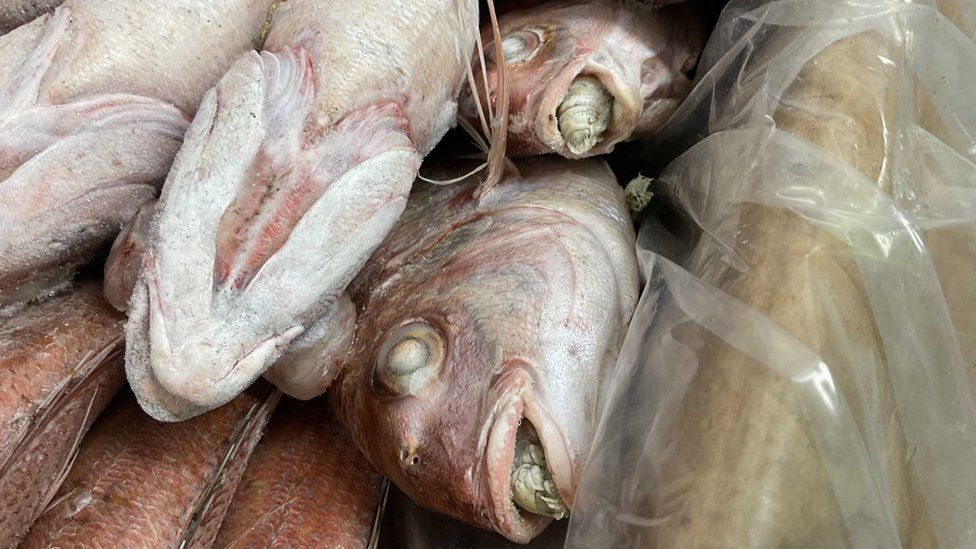
The veterinarian for the port health authority, Damelis Quiones, warms up some cooked chicken, pulls it apart, and tastes it to make sure it is not rotten. .
The smell and texture of things are covered up when they are frozen, she claims. It will reawaken the smell once it is cooked. ".
Ms. Quiones previously worked in a slaughterhouse and is aware of the danger that diseases like African swine fever pose to the food chain. The pandemic also altered their perspective on infectious diseases.
According to Ms. Quiones, most illnesses are caused by animals. They move from being animals to being people. ".
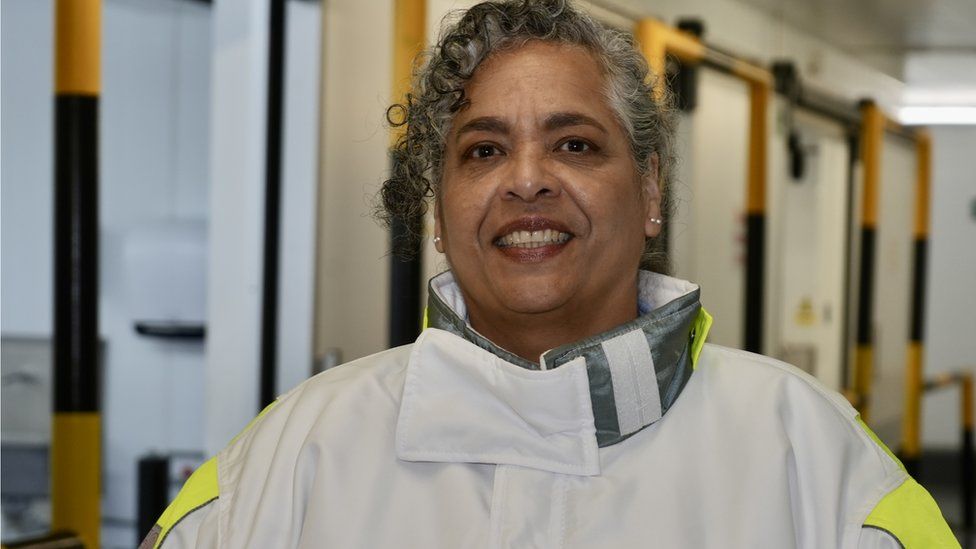
Ms. Quiones thinks food inspections will become more and more crucial as the UK leaves the EU and enters new trade agreements, which could include importing more chicken from Brazil.
It's under constant observation, and we can't afford to let our guard down, she claims. "Britain is in a great position in this regard as an island, and we must take care of it. ".
Colin Wilson, a 40-year-old business support manager, makes sure that importers' documents are accurate. .
We will receive more produce and exotic commodities as more markets around the world open up, so we must constantly be alert, he warned.
We must adjust to and change along with the world because it is constantly changing.
. "

